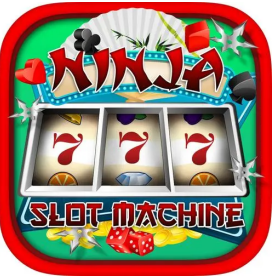
estore gutted landmark | earn bitcoin without gambling | Updated: 2024-11-28 00:01:44

Red envelopes, or "hongbao," are perhaps the most recognized symbols of good fortune during Chinese New Year. Filled with money, these envelopes are typically given to children and younger family members as a gesture of blessings and well-wishes. The color red is associated with good luck and is said to ward off evil spirits. The amount inside is often an even number, which is considered lucky.
## 2. Oranges and TangerinesOranges and tangerines are commonly exchanged during Chinese New Year as symbols of wealth and good luck. Their golden color represents prosperity, while the word for orange sounds similar to the word for "wealth" in Chinese. Families display these fruits prominently in their homes to attract good fortune for the coming year.
## 3. Fu Characters“Fu” characters, which mean “luck,” are often hung upside down on doorways during the festival. The upward positioning signifies that luck is arriving. These characters can be found on decorations, wall hangings, or paper cuttings. Displaying them is believed to invite positive energy into the home, ensuring a prosperous year ahead.
## 4. Dragon and Lion DancesThough not tangible items, dragon and lion dances are integral parts of the celebration. These performances symbolize power, dignity, and good fortune. The lion dance especially is performed to chase away evil spirits and bring in good luck. People believe that the louder the drums and cymbals during the performance, the greater the blessings.
## 5. Bamboo and Peach BlossomsBamboo and peach blossoms are popular decorations during Chinese New Year. Bamboo symbolizes flexibility, resilience, and strength, while peach blossoms represent love and fertility. Displaying these plants in homes or businesses is thought to attract prosperity and abundance. Many people invest in potted plants as part of their festive decor.
## 6. Eight Treasures RiceThis traditional dish, known as “Eight Treasures Rice” or “Buddha’s Delight,” consists of glutinous rice mixed with eight different sweet ingredients. Each ingredient carries its own significance, symbolizing wealth, longevity, and happiness. Eating this dish during the New Year celebrations is believed to foster harmony and joy among families.
## 7. Sweet Rice Balls (Tangyuan)Sweet rice balls, or “tangyuan,” are served during the Lantern Festival, marking the end of the New Year celebrations. They symbolize family unity and completeness. Eating these sticky rice balls, often filled with sweet pastes, ensures that one’s family stays together throughout the year.
## ConclusionThe diverse array of lucky items associated with Chinese New Year illustrates the rich cultural beliefs and traditions surrounding this festive season. From red envelopes to symbolic fruits and dances, each item serves a purpose beyond decoration; they are tangible expressions of hope, prosperity, and familial ties. As families gather to celebrate and honor these traditions, they collectively embrace the promise of a new year filled with potential and good fortune.
*Word Count: 577*
